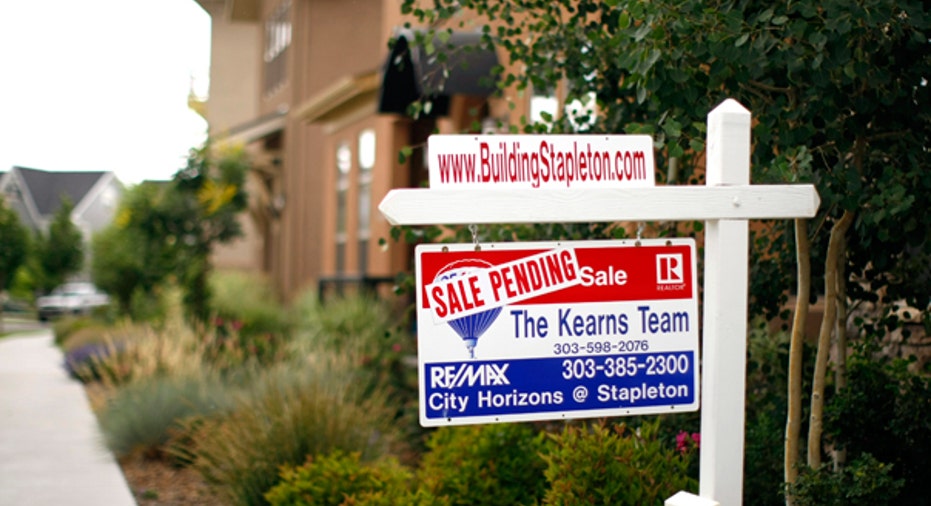How to Reduce Closing Fees

Buying a home is a costly endeavor, so don’t get stuck paying more than necessary in closing costs.
Not only do homebuyers need to put close to 20% or more down for a mortgage in the current market, but depending on the state, they can also be on tap for a$6,000-$10,000 in closing costs. These miscellaneous fees charged by those involved with the home sale, such as lenders and attorneys.
According to Bankrate.com’s 2011 Closing Costs Survey, the average closing costs on a $200,000 home was $4,070, an 8.8% increase from 2010.
While there is no way to get a lender to waive all the closing costs associated with securing a mortgage, there are ways to reduce the fees or have them worked into the mortgage.
“There’s no such thing as a free lunch, but you can get a loan and don’t pay any closing costs in exchange for a higher interest rate,” says Erin Lantz, director of Zillow Mortgage Marketplace.
This option makes sense for homebuyers not planning on staying in the home for a long time. It can also be a sensible option for people that don’t have the cash up front. However, experts warn that choosing a higher long-term interest rate could end up costing more over the life of the loan, especially if the borrower stays in the home for an extended period of time.
Let’s compare: Homeowner 1 secures a mortgage with a 4% interest rate and pays $5,000 in closing costs. Homeowner 2 has a no-closing costs loan with a 4.5% interest rate. Homeowner 2 will pay an extra 5% over 30 years.
“Always ask the lender for the no closing cost option as well as the closing cost option so you can see for yourself how much higher the monthly payment will be over the life of the loan,” advises Lantz. “If you plan on refinancing or moving soon, the general rule of thumb is reduce the closing costs as much as possible.”
Mortgage lenders may also be willing to waive some closing costs if the home purchase price is high, says Kevin Luss, founder of The Luss Group, a financial services company in South Hampton, N.Y. A bank may be more motivated to work with homeowners purchasing an $800,000 home compared to one with a price tag of $200,000.
Luss adds that it’s much easier for the bank to maintain an existing relationship then get new business, so the lender may give homeowners a break on closing costs if they refinance with the same firm. Homebuyers should also do their homework and research several lenders’ offers to make the best financial decision.
“If you are working with a lender and you see another one has a more competitive offer, go to the current lender and see if it can match that,” says Lantz.
Zillow offers a tool that allows users to comparison shop for loans, and the company claims borrowers typically get back 18 quotes per request that include rates, fees and lender reviews.
The weak housing market can be used to a buyer’s advantage and potential homebuyers can request the seller cover the closing costs as part of the sale. “That kind of negotiating tactic is very prevalent,” says Luss. “It is a buyer’s market.”



















